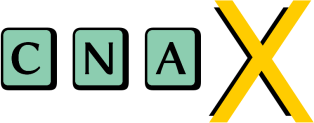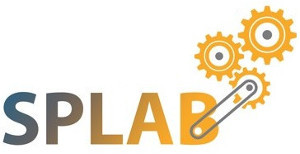
Co-located with UCC 2019 and BDCAT 2019 conferences — IEEE/ACM UCC/BDCAT 2019
Auckland, New Zealand, 2-5 December, 2019.

An increasing number of software applications and data are migrating to online hosting services, predominantly using commercial cloud providers (e.g., Amazon, Microsoft, Google, IBM, and Huawei). The adoption of these platforms is intended to address several risks such as temporary or permanent unavailability of services, low platform resilience, sudden popularity spikes (i.e., the Slashdot effect), overpayment due to not having hosting options as well as unauthorised access to the data. Given the reach of software in today’s society, migration of cloud applications is of major interest to cloud computing and software engineering researchers.
In this context, applications based on microservices architecture, called cloud native applications (CNAs), are increasingly popular in software development. Given the characteristics and requirements of CNAs (e.g., resilience and elasticity), their proper design, development, maintenance and testing is a challenge. The movement to emerging DevOps practices (e.g., continuous delivery and integration) further complicates the implementation of tools to assist with CNAs maintenance and evolution. The industrial relevance of this topic is witnessed by the recent formation of the Cloud Native Computing Foundation.
The aim of this workshop is to bring together engineers and researchers interested in CNAs to propose and demonstrate novel methods to design, implement, maintain, test, efficiently run, process data on, and offer services using CNAs. Eligible studies can either have a qualitative or quantitative empirical component or propose novel technical solutions related to development, maintenance, and testing of CNAs. Furthermore, we are looking for papers on providing new ways to handle the emerging problems derived by the adoption of DevOps practices and addressing them in a unified manner.
An example of a suitable research paper is an evaluation of solutions based on summarization techniques to leverage and visualize CNAs data with the goal of achieving higher software quality and overall user experience and satisfaction. Similarly, a study that explore how the state-of-the-art design and migration strategies are used in real-world CNAs would be an appropriate experience report. For both types of submission, we ask the paper authors to clarify how their approach, solution, or technology is specific to CNAs. The evaluation of papers will be based on: (i) underlying methodological soundness and rigor; (ii) innovation of the work; the significance of the results; (iii) the quality of the reporting.
The topics of interest include, but are not limited to challenges, solutions, and related to development and maintenance of CNAs:
Paper format: Workshop papers are a maximum of 6 pages in length in ACM format. Submissions should be structured as technical papers in the form of PDF files. They must represent original unpublished content which is not currently under review for any other conference, workshop or journal. All papers will be peer reviewed by at least three programme committee members. The evaluation will be based on originality, relevance of the problem to the workshop topics, technical strength, quality of results, and clarity of the presentation. The publication of the workshop proceeding with all accepted papers will be by the ACM and will appear in the same volume as the UCC 2019 and BDCAT 2019 conferences. At least one author of each accepted submission must register in full and attend the workshop to present and all workshop participants must pay the ACM conference or workshop registration fee.
